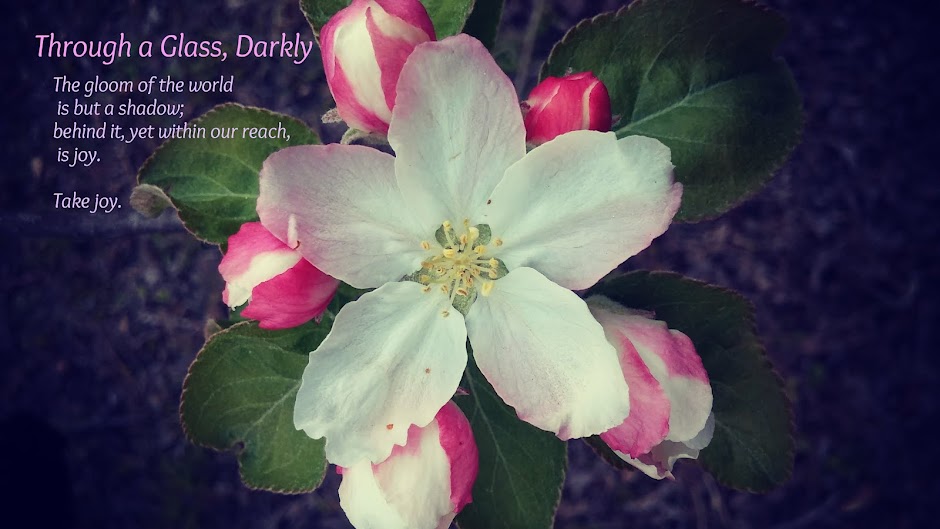I'm over here, a stone's throw from the Mississippi River. Mississippi feels vaguely familiar still - a memory of a home -- but it's not home anymore. Still, I'm enjoying my time here so much. The pandemic makes it so that I pretty much stay in the house, a comfortable place for us introverts.
On my way to Mississippi, I stopped in Tennessee to see another sweet grandbaby boy who I had not yet seen (because of the pandemic). I spent a whole DAY with him myself, and what a dear, precious blessing he is. This is John:
He is just as sweet and even-tempered as he can be. Don't you love that little shirt they bought for him? (MELT....)
Anna had her baby this weekend, little Ellie Kate. We are all pleased as punch! She has a head full of very dark brown hair like her mommy did all those years ago. She needed a little extra time in the nursery at first, but is coming along nicely. Right now I'm at home with Isaac by myself because Gramm is not allowed to go in-and-out at the hospital, of course. Covid makes everything just that little bit more difficult!
I've been cooking like mad, and I'll throw those photos in here somewhere. I spend hours playing with Isaac, or watching him entertain himself with his toys, which he is masterful at. He's a good sleeper, a good eater, a good player, a generally happy little boy -- just like John! I'm so thankful to have this time with them, real one-on-one time. They won't remember this particular visit, but it still goes into the whole pot of soup that will be our relationship. They will remember me each time they sees me, and at some point they won't remember life without me. Isn't it supposed to be thus, with a grandmother?
We've gone on several walks with Isaac. (I walk; he's in the stroller.) That always calms him down. He loves the outdoors. He loves objects, handling them, figuring out how they work. He concentrates well.
I've cooked: beef stew, chicken and dumplings, spaghetti, chicken and rice (twice), Clementine Chicken, chocolate chip cookies, and peanut butter cookies.
And lest I forget, Anna and Gramm have a gorgeous rag doll cat, Chauncey.
I don't know when I'll go back home. Nanas stay where they are needed 😀 Blessings to all you dear friends out in blog land. Keep heart! Stay safe and keep hope in your hearts.



















